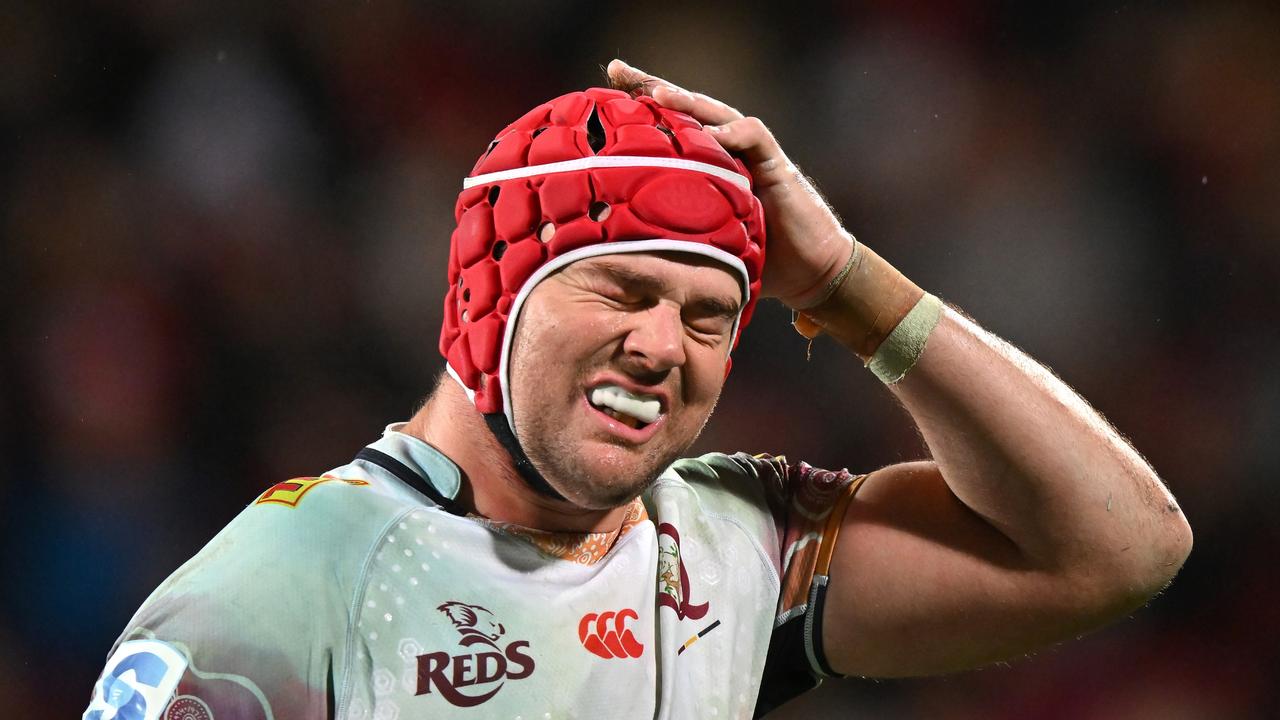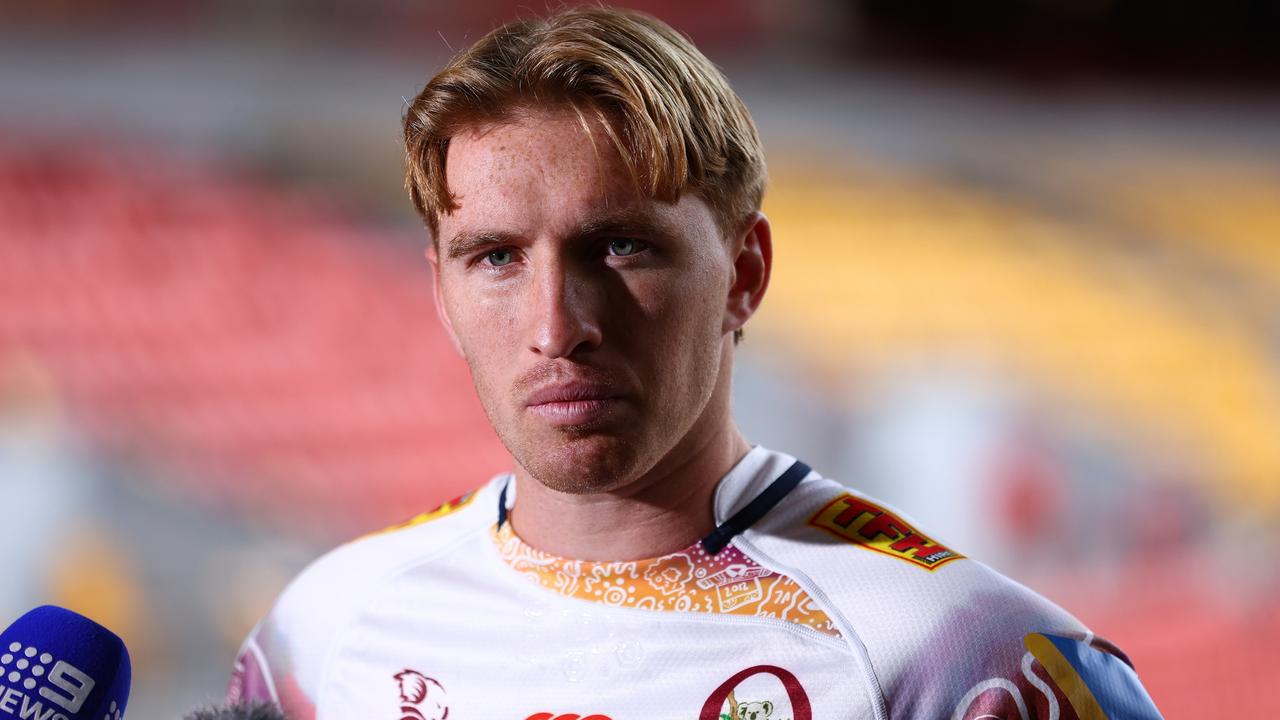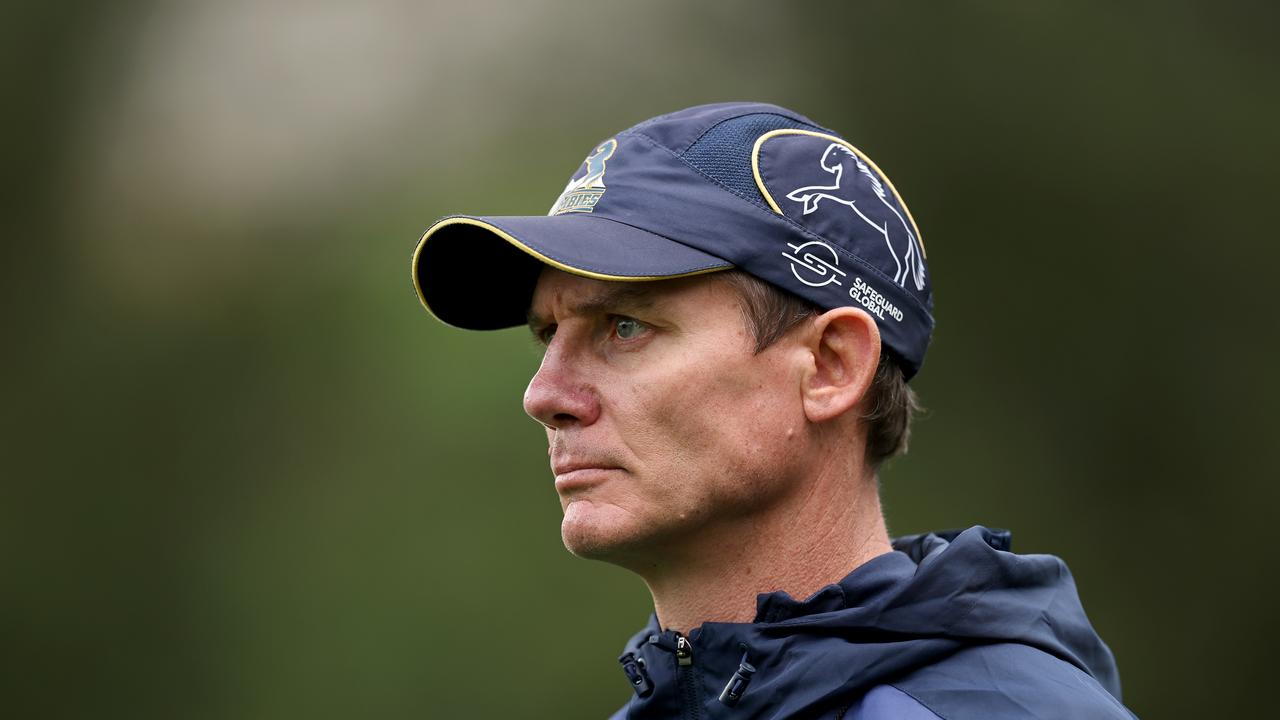Five quick questions with Rio 2016 rugby sevens referee Amy Perrett
AMY Perrett set herself a goal to referee at the Rio Olympics. She’s now one of the top female refs in the world and heads to Brazil in August.
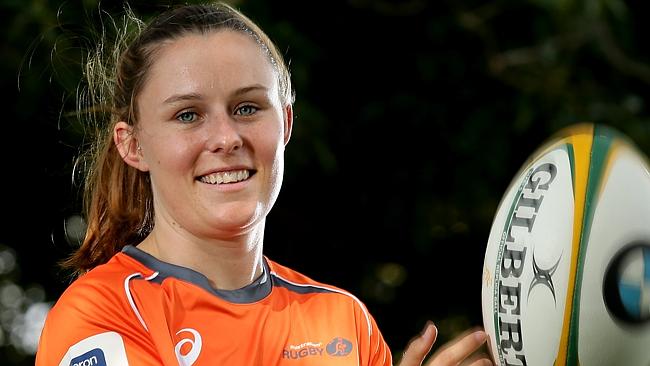
AMY Perrett set herself a goal to be selected as an official for the Rio 2016 Olympic Games.
Today she’s one of the top female referees in the world and has booked her ticket to Brazil in August. We caught up with her for a few quick questions about women’s rugby union and refereeing.
What do you make of how the women’s game has developed over the years?
We were talking about this on the recent trip. When the women’s World Series first started to where it is now, it’s just changed, the speed of the game, the skill level of the girls and the professionalism on and off the field is insane. If it keeps moving at this pace I have no doubt we will be able to compete with the men’s game and bring a more global audience to it.
I think that’s the key for the women’s game in Australia, is getting good in the sevens and hopefully that will push on to our 15s as well.
You have countries like Canada where their men’s team isn’t fabulous, it isn’t great, but their women’s team is ranked top-three in the world.
You look at inequality in a country like Australia or England and in Canada they’re getting so much more funding and support than their men’s team.
How did you get involved in refereeing?
My family has been immersed in rugby my whole life. I started playing as a kid and rugby pretty much is the one thing I know in and out. I’ve given up a lot but rugby has given me a lot back.
I’ve got a twin brother and we played together as juniors so when I turned 13 or around then I wasn’t allowed to play with the boys anymore and there was no women’s team, so my mum and dad pushed all of my siblings, I have three brothers, to referee to give back to our club, so I did that and thought I’d do that until I’m old enough to play women’s rugby and then I’ll go back to playing.
I did that for five years in the juniors and I tried to play one year in women’s rugby — I was in my last year of high school, so it wasn’t a great thing to do, I kept getting injured.
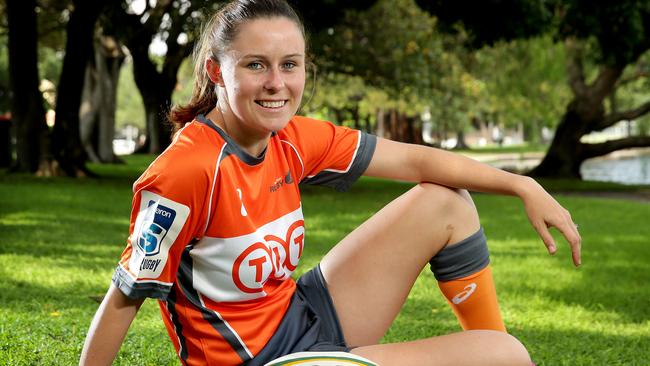
How does it feel to see the pathways that exist now for women?
The pathways are there, there’s a lot more girl tournaments in 7s and 15s and that was never there when I was coming up. I always think ‘if only I was young now, what could have happened’, but I’m still happy with what I decided to do and I think it’s a better path for me anyway.
I think we’re scratching the surface there and there’s a long way to go but they are implementing those pathways. There’s so much potential to add women to the sport of rugby and they’d be silly not to go down that way.
What has been the highlight of your refereeing career to date?
I got to referee a Women’s World Cup a couple of years ago in the final, which was something I never thought I’d get to do. I was the new kid on the block and they threw me into the game and it went well.
I guess it’s more the off-field stuff that I remember rather than the on-field. It’s the friends I’ve made all over the world, opportunities given to me to travel and experience new things.
It’s something I will always remember and keep for the rest of my life, and the friendships as well.

Have you ever had any bad experiences while refereeing?
There’s times when there’s too much passion involved, but it’s something you learn to deal with and the higher you go the better it’s dealt with anyway.
More Coverage
I’ve learnt to deal with things and say they’re very passionate, this is a heat-of-the-moment exchange and not to take it to heart. Generally people understand how hard the job is and sympathise with you.
I think it’s about being calm and not reacting and just saying ‘I understand where you’re coming from but we’ll discuss it later when everything have calmed down’.
I think that’s the key, don’t react when your emotions are high as well because it will never end well.
Originally published as Five quick questions with Rio 2016 rugby sevens referee Amy Perrett


